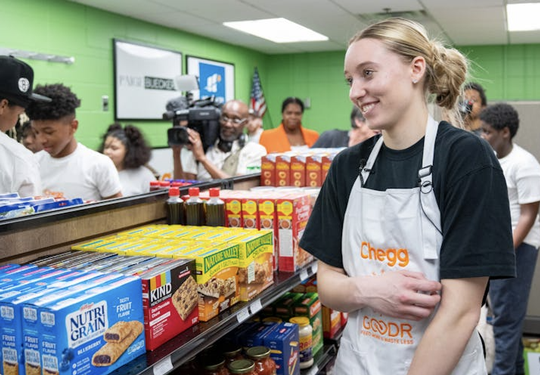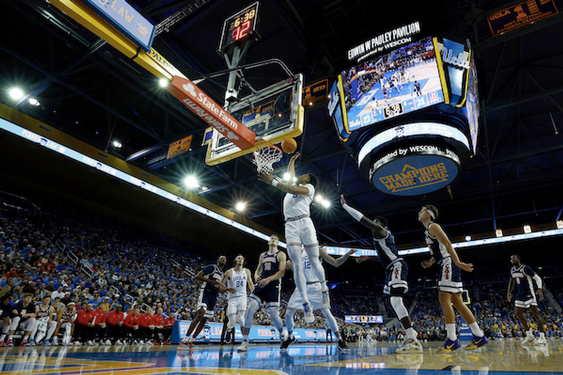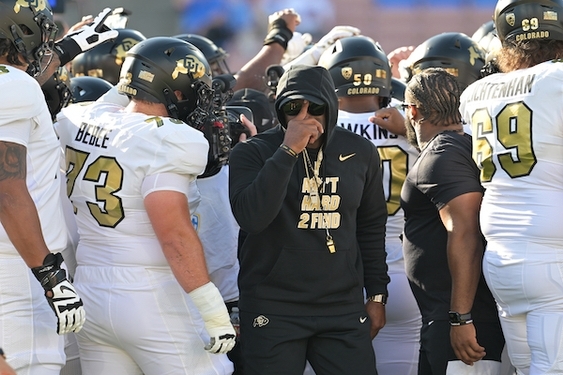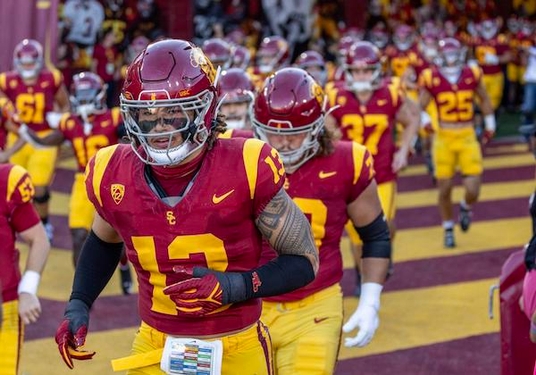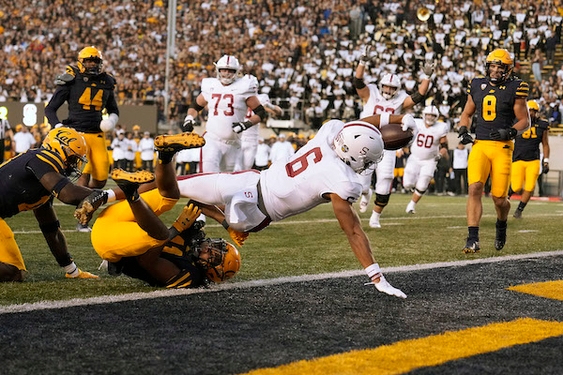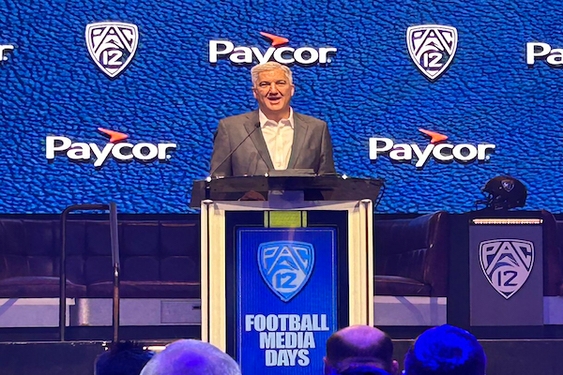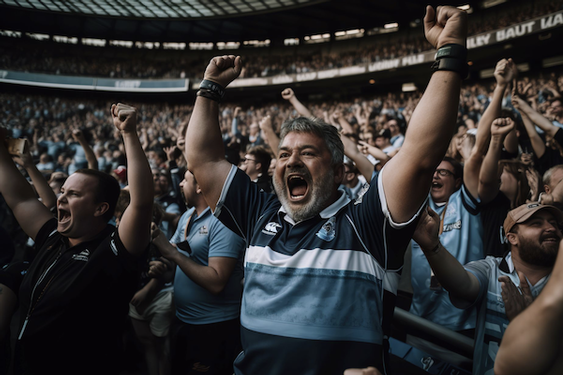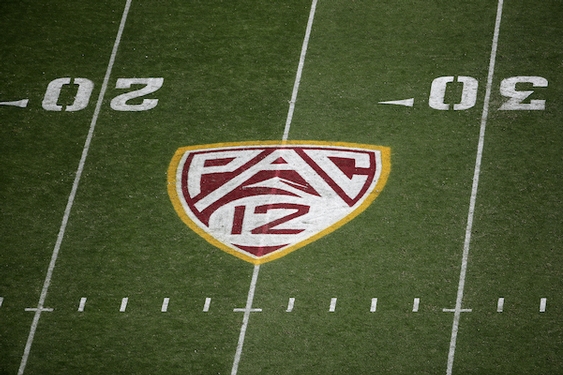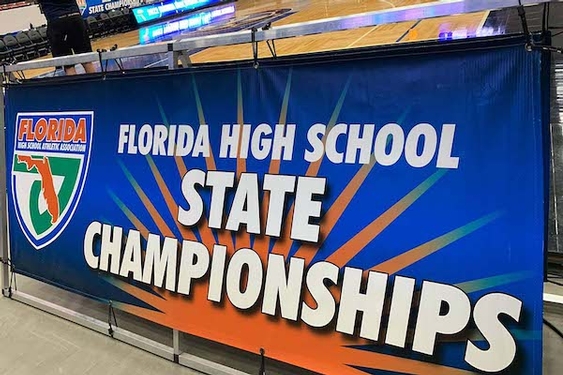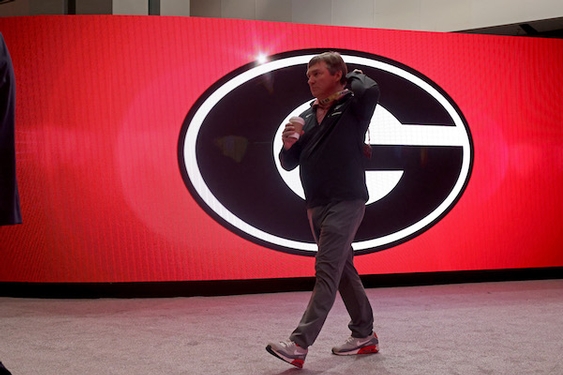Chavo Guerrero is a third generation professional wrestler; he's currently with Total Nonstop Action (TNA) Wrestling, a privately held company.
Guerrero, who comes from a family with members who wrestled in the past, took some time to speak with Campus Circle about his upcoming role in TNA's "Lockdown" in San Antonio, Texas on Thursday, March 7. Here's what he had to say:
Campus Circle: How did you first get involved with TNA, and how do you feel about being a part of it?
Chavo Guerrero: Well, I haven't really taken a break. Wrestling is a year-round commitment so when I left the other company, I decided to take a year off and take some time for myself which was very cool. Then I started watching wrestling a little bit, and started watching TV, and I got that 'itch' again. So we got talking with the company, and I jumped in. They're treating me very well and I'm very happy. They're really giving me an opportunity to shine.
CC: What can you tell us about your family? Obviously your family has been very successful in this business. Would you say this is where you first got your inspiration?
CG: Absolutely. Our family's been in wrestling for over 75 years. It started with my grandfather Rory Guerrero and Mexican style wrestling. I grew up with a wrestling ring in the back yard. We would camp out underneath the ring, and play in the ring. It was a big part of our lives, you know? I was constantly around it, and we all loved it so much. I never really wanted to do anything else. Except at one point I wanted to wrestle and play for the Dallas Cowboys, but obviously that didn't happen.
CC: What can you tell us about your chemistry with tag-team teammate Hernandez?
CG: Chemistry in a tag-team is very important. You can put two people together who might look good on paper but if they don't gel in the ring, it's almost as if you're having two different matches at once. It's very important for the flow of matches. I had met Hernandez before, but when they put us together it just worked. We're both Latinos, but we're very different. He's 6'2, 270 lbs. of pure muscle. I'm 5'10, 190 lbs, so we contrast each other. But we do it in a complementary manner, power and finesse.
CC: What can you tell us about the physicality of the sport, and also your physique?
CG: Well in the old days, it was like the land of the giants. You had to be, 6'8, 300 lbs. to really thrive in the sport. We, the Guerreros, were never like that, so we had to do it in a different way. It's changed over time, and people have realized that size isn't everything. If you notice, lately, in boxing, the biggest draws come from the lightweight divisions, your Manny Paquiaos, etc. That's translated into wrestling as well. The big events will always have a place for the giants, but now it's more open to smaller guys. It's a completely different type of match; a seven-footer can't do what I do.
CC: Talk to us about "Lockdown," in March in San Antonio. What can you tell our readers to entice them to either order the Pay-Per-View or if they're in Texas, to head over to San Antonio and watch it live?
CG: We're starting to not have PPVs every month. We're cutting it down to about four a year. So, when we do have a PPV, it's one heck of a show. You would definitely get your money's worth. Whether you order the PPV or see it live, we're going to tear the house down.
CC: Let's talk about social media. You have a Twitter account with lots of followers. How important is it for you to stay in touch with your fans?
CG: Nowadays, it's essential. You have to stay in touch and have a relationship with your fans. Before Twitter, you kind of rebelled against that idea, but fans now want to have this kind of access to people they admire. Before, you would see them on TV, movies, etc. But now you can have constant access to other things, like their clothing lines, or just simply what they do in their day-to-day lives. It really is important to stay close to your fans. They pay your bills. They are who you wrestle for. And sometimes it's hard; you can't make everybody happy, and you have those haters who try to ruin it for the rest of the people. But you have to weed them out, and always remember there are people out there who genuinely like you.
CC: What advice can you give the youth who might one day want to follow in your footsteps and enter this profession?
CG: The very first thing is to go to school and get a degree to have some kind of back-up plan. There are no guarantees. Don't put all your eggs in one basket. If you really want to do this, then go for it but it's not all glamour. You constantly miss your family. You live out of a suitcase. Sometimes you just want to be home to catch your son's football game, but you just can't. You have to travel to Ohio or Japan instead, but it is a worthwhile profession. It's something that can really make a difference in people's lives.
For more information on Chavo Guerrero, click here.



